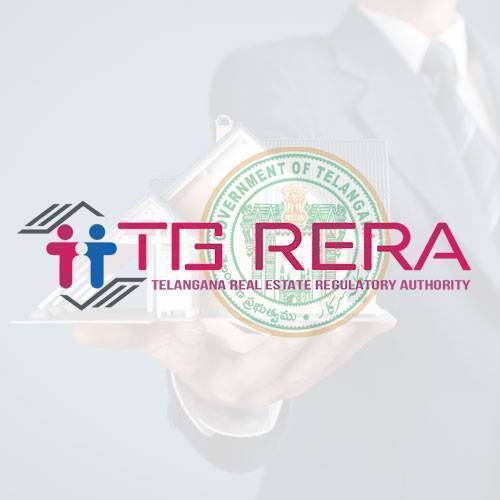The Telangana Real Estate Regulatory Authority (TG RERA) has recently delivered a ruling in favor of the residents of Darbar MCOR Apartments located in Ameenpur, Hyderabad. The residents had filed a complaint against the builder, MCOR LLP Projects, for not adhering to the approved layout plan and for failing to hand over the common areas after the completion of the project. The issues raised by the residents highlight several important concerns about the project execution and management by the builder, which prompted TG RERA to take decisive action.
According to the residents, the builder had promised a parking space of 125 square feet for each flat as per the approved layout plan. However, they claimed that the actual parking area allocated was only about 100 square feet per flat. This discrepancy meant that the residents received less than what was contractually assured, which became a source of dissatisfaction and conflict. Moreover, the residents accused the builder of creating five additional parking slots beyond what was sanctioned. It was alleged that these extra parking spaces were being sold separately, a move that residents viewed as unethical and a violation of the approved layout.
The residents’ complaint also included serious allegations about the quality of construction. They reported the presence of cracks in the walls, water leakage issues near the lift shaft, and the use of substandard materials instead of those initially promised. For instance, the builder was accused of replacing the promised teakwood doors with inferior alternatives. These construction deficiencies added to the residents’ concerns about the integrity and durability of the building. Furthermore, the builder was also accused of trying to occupy the children’s play area and withholding control over the common areas, despite the project having received the occupancy certificate in June 2023. This withholding of common spaces created further tension between the residents and the builder, as these areas are intended to be managed and used by the residents’ association.
When TG RERA sought a response from the builder, MCOR LLP denied all allegations and dismissed the complaints as false and intended to harass the builder. The company also pointed out that one of the complainants had not completed payment of dues, implying that the complaint might be linked to this issue. However, TG RERA did not find the builder’s arguments sufficient to dismiss the concerns raised by the residents.
The authority ruled firmly that the builder must follow the approved layout plan without making any unauthorized changes. It was emphasized that the sanctioned plan allowed for only 25 parking spaces, and any addition to this number constituted a violation of the plan. TG RERA clarified that once the occupancy certificate is issued, the builder no longer has the right to use or control the common areas, which must be handed over immediately to the residents’ association for their management. Since the builder had failed to address this particular issue of handing over the common areas, the regulatory body directed the builder to immediately relinquish control over these spaces.
The authority further warned that any failure to comply with its directions would lead to penalties, signaling that the regulator is serious about enforcing compliance and protecting the interests of homebuyers. Despite the serious nature of the complaints and the violations found, TG RERA closed the complaint without imposing any costs on either party.
This ruling is significant in the context of the real estate sector in Telangana, especially in rapidly developing areas like Ameenpur. It highlights the role of TG RERA in ensuring that builders adhere to approved plans and contractual commitments, as well as the importance of safeguarding the rights of residents. The decision reinforces that builders cannot deviate from approved layouts or withhold common areas after project completion, especially once occupancy certificates are granted.
For residents and homebuyers, this ruling provides reassurance that the regulatory authority is active and responsive to their grievances. It sets a precedent for holding builders accountable for their responsibilities in the delivery of quality construction and proper project management. At the same time, it serves as a reminder to builders about the legal and regulatory framework within which they must operate and the consequences of non-compliance.
The issues raised in the complaint also point to broader challenges in the real estate market, such as transparency in project execution, quality assurance, and timely handover of possession and common facilities. These factors significantly affect customer satisfaction and trust in builders. By enforcing strict adherence to approved plans and ensuring that common areas are transferred to residents’ associations, TG RERA helps maintain the integrity of the real estate market.
Image source- telangana.gov.in









.png)